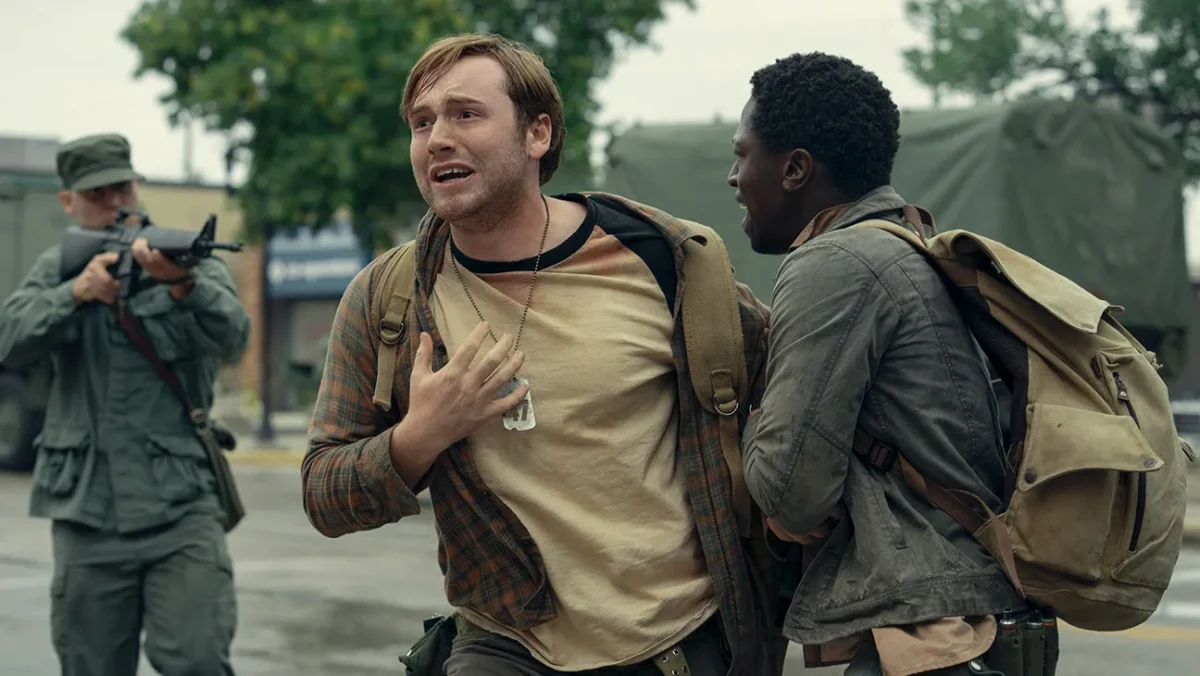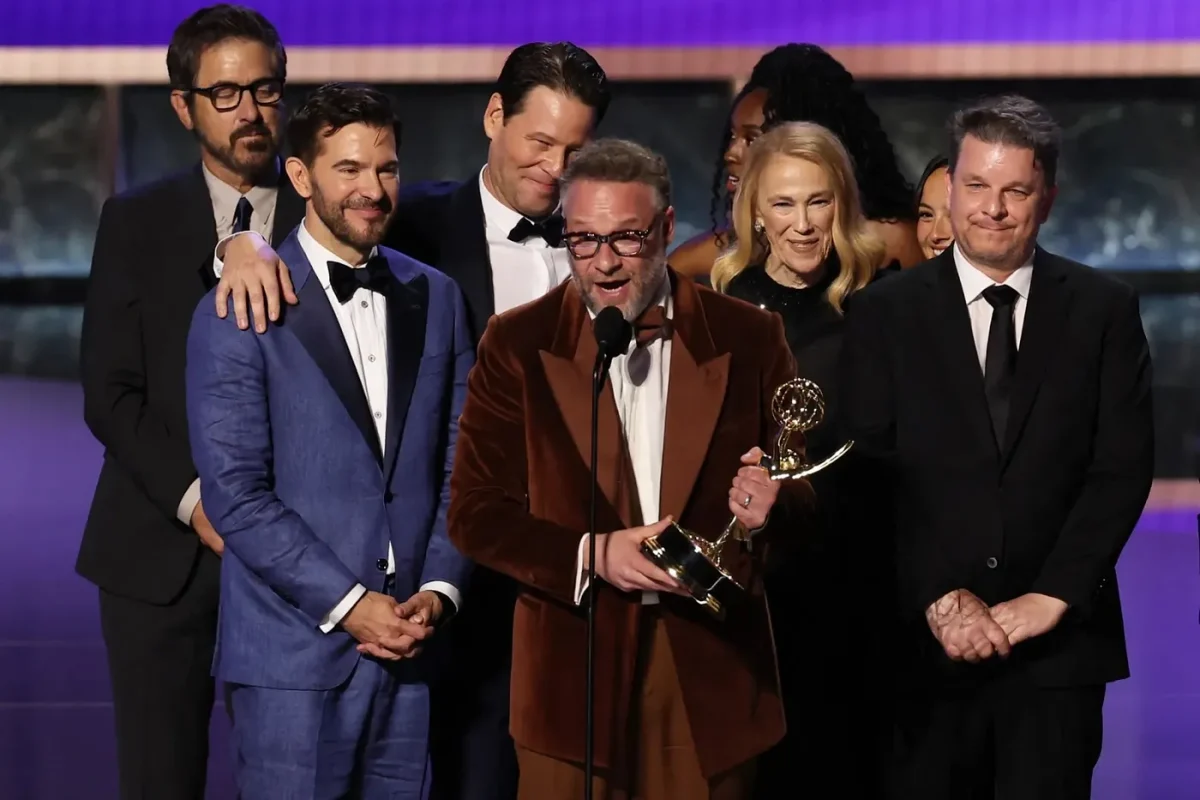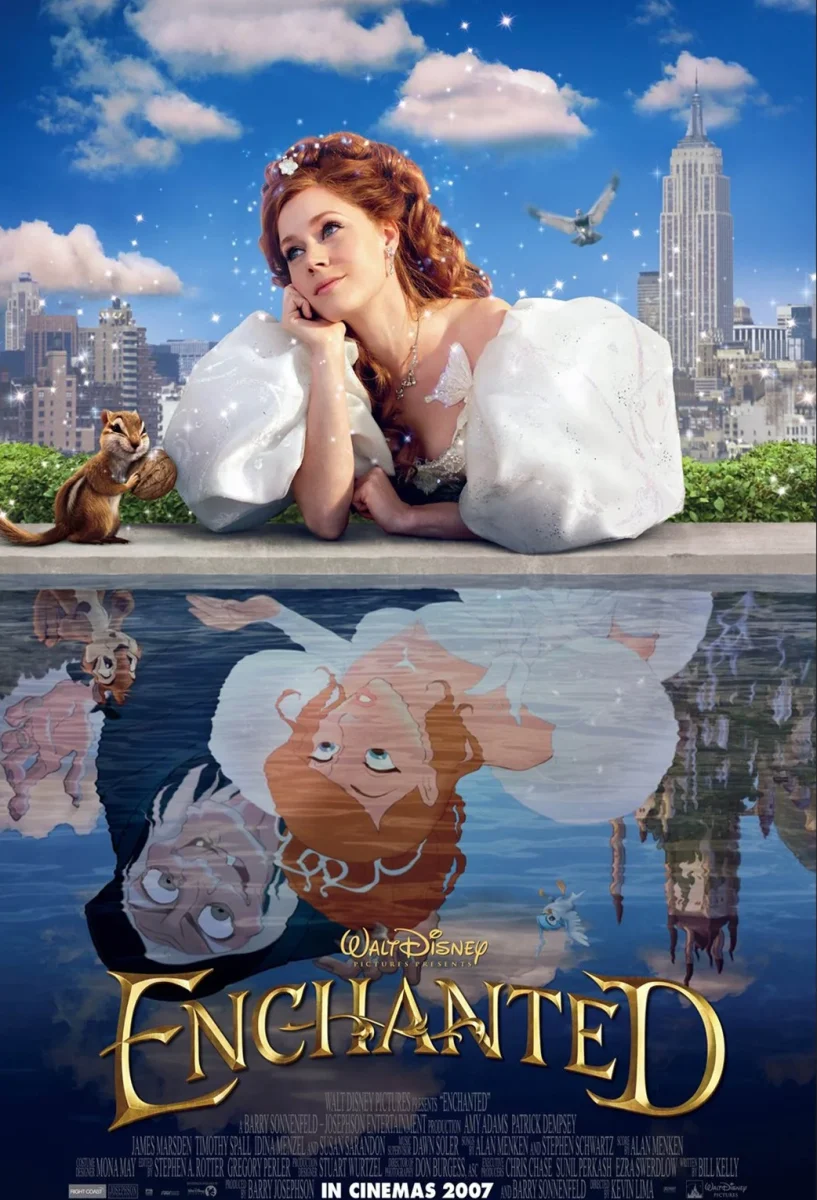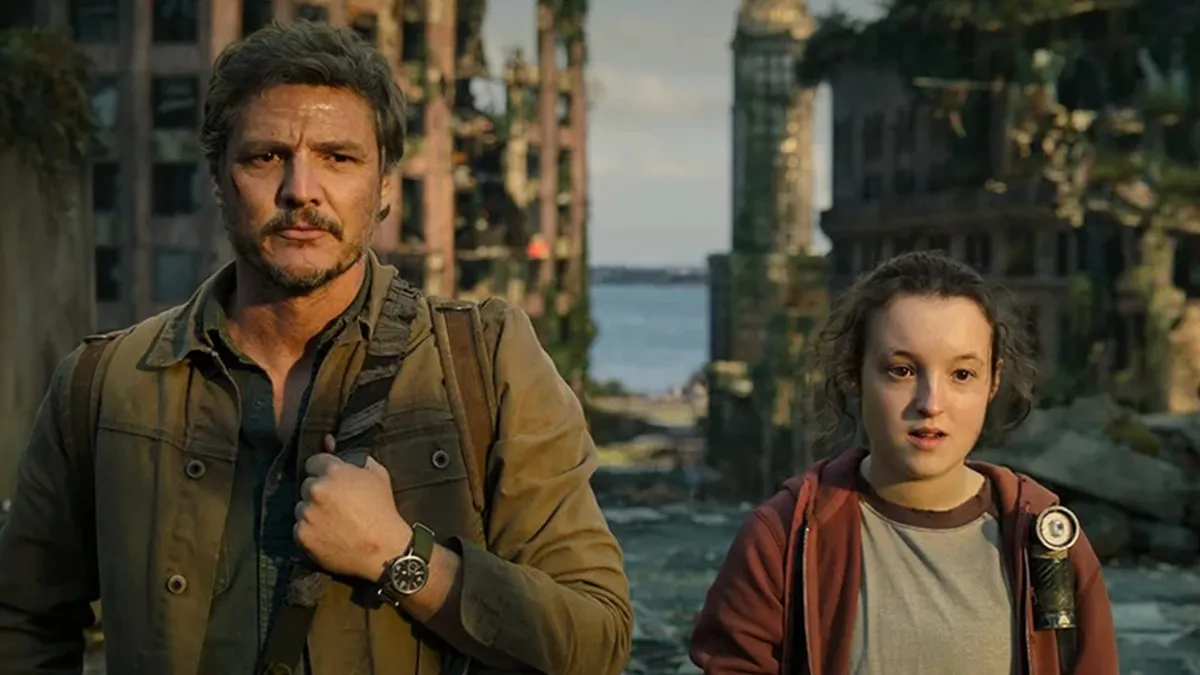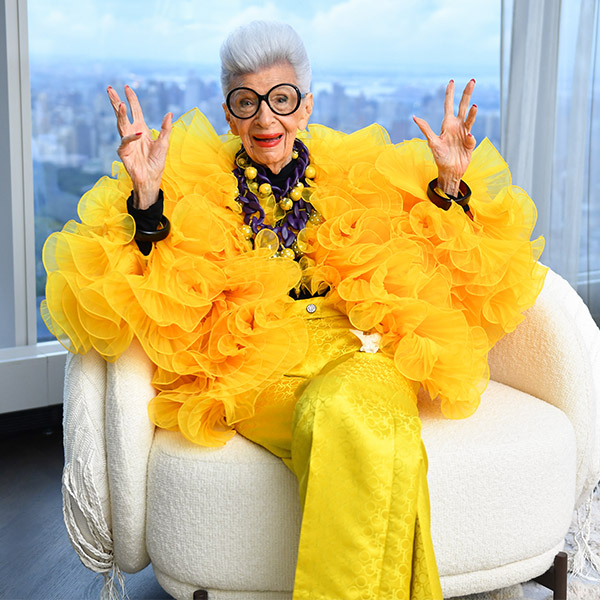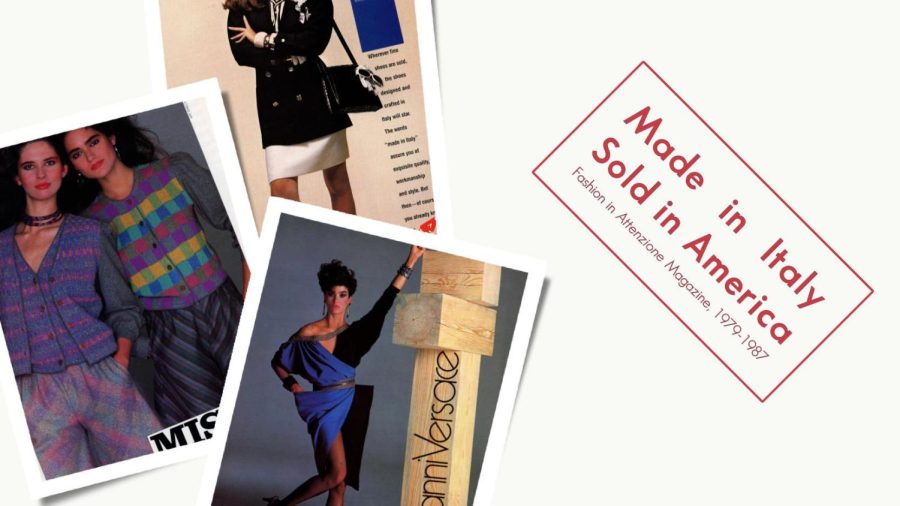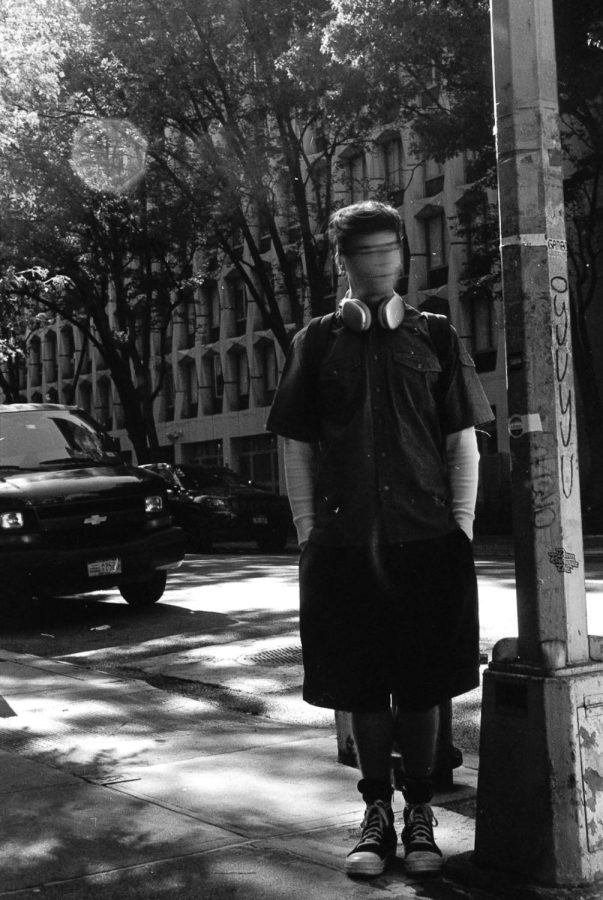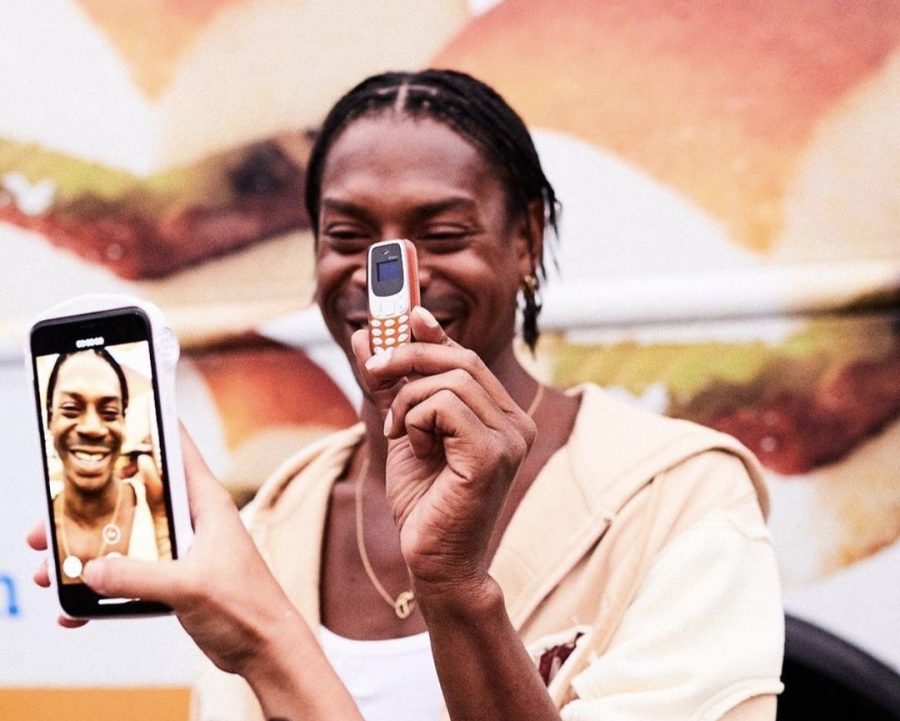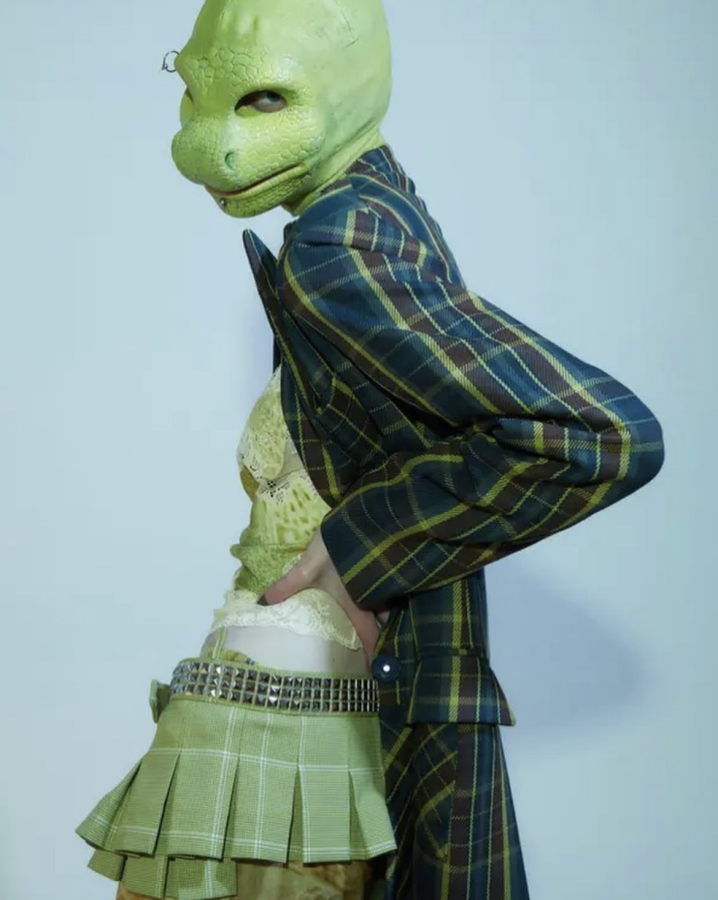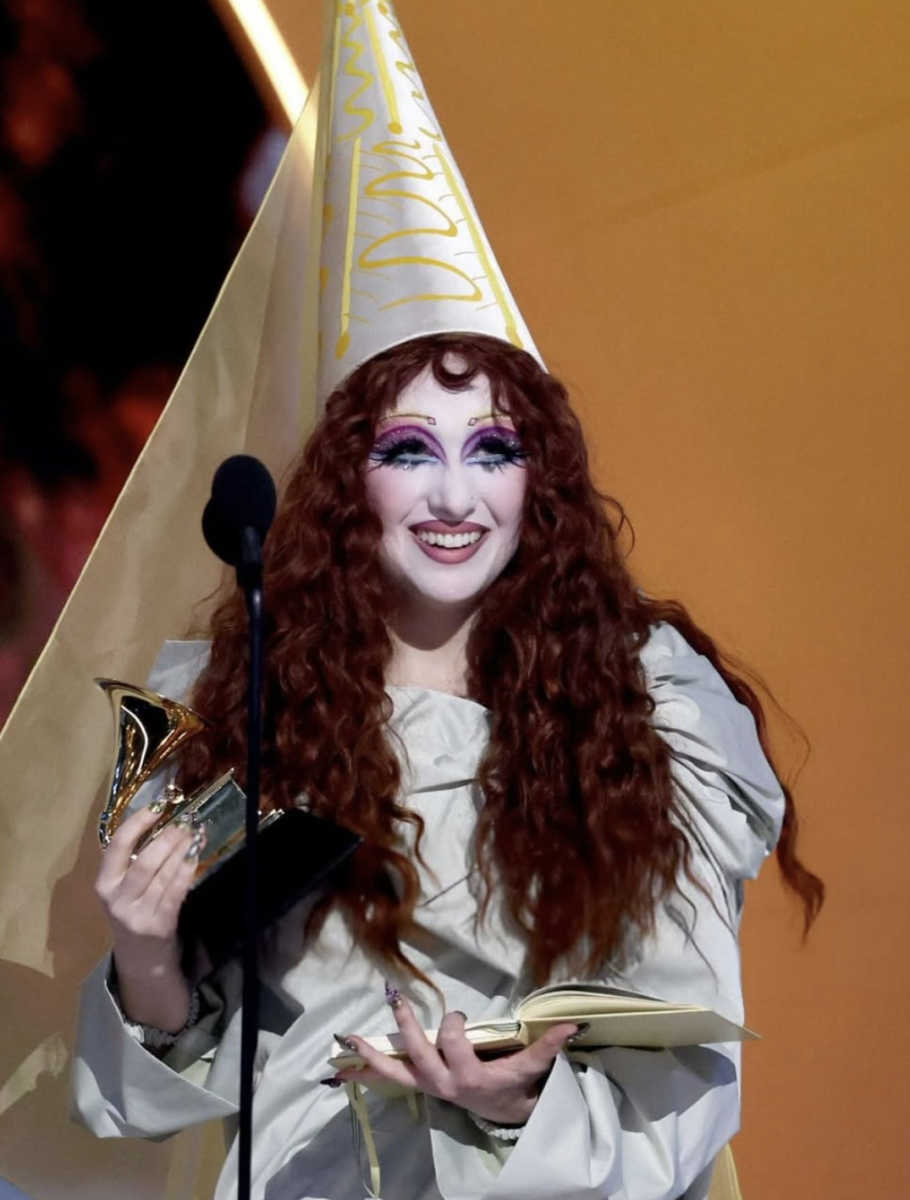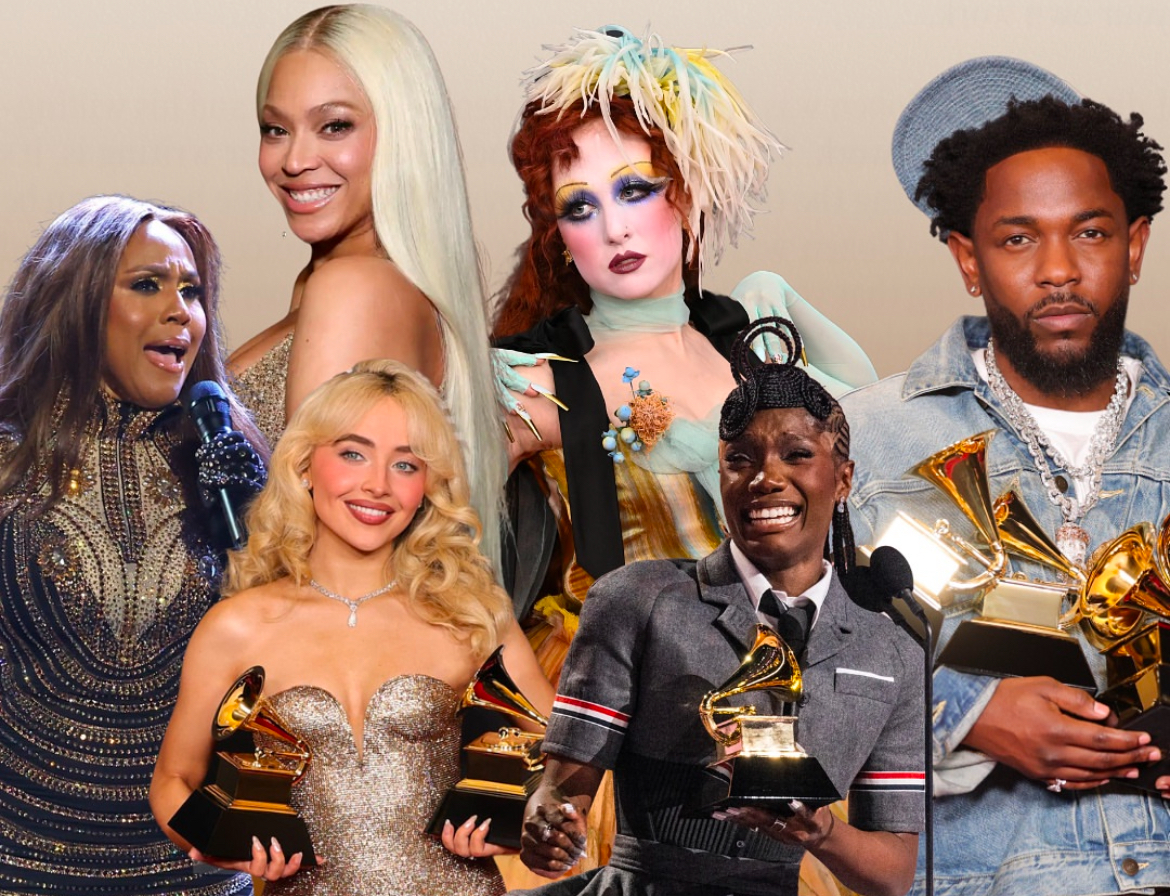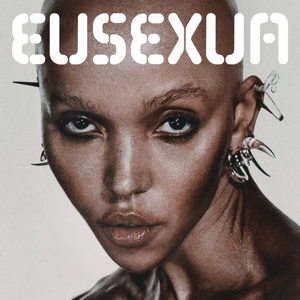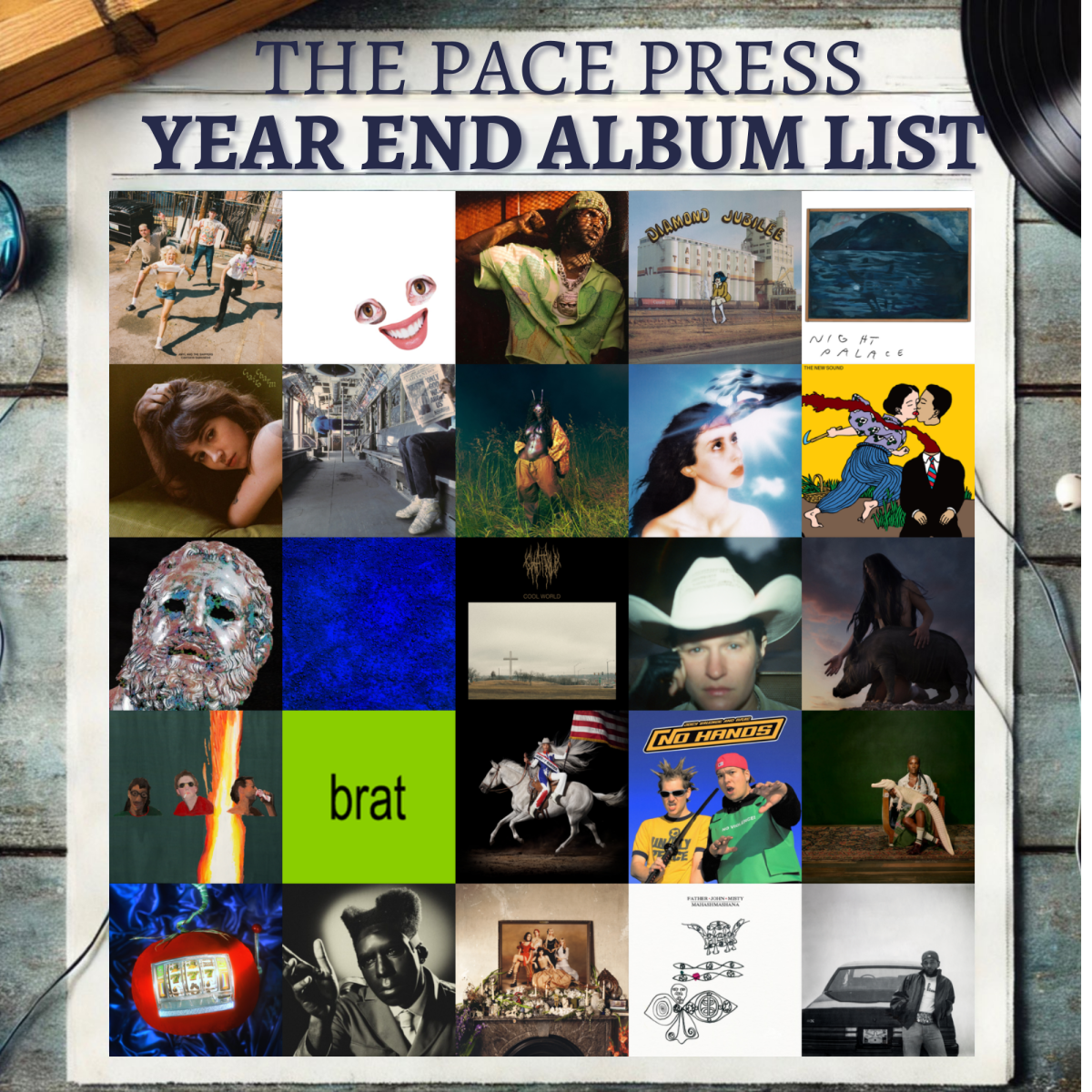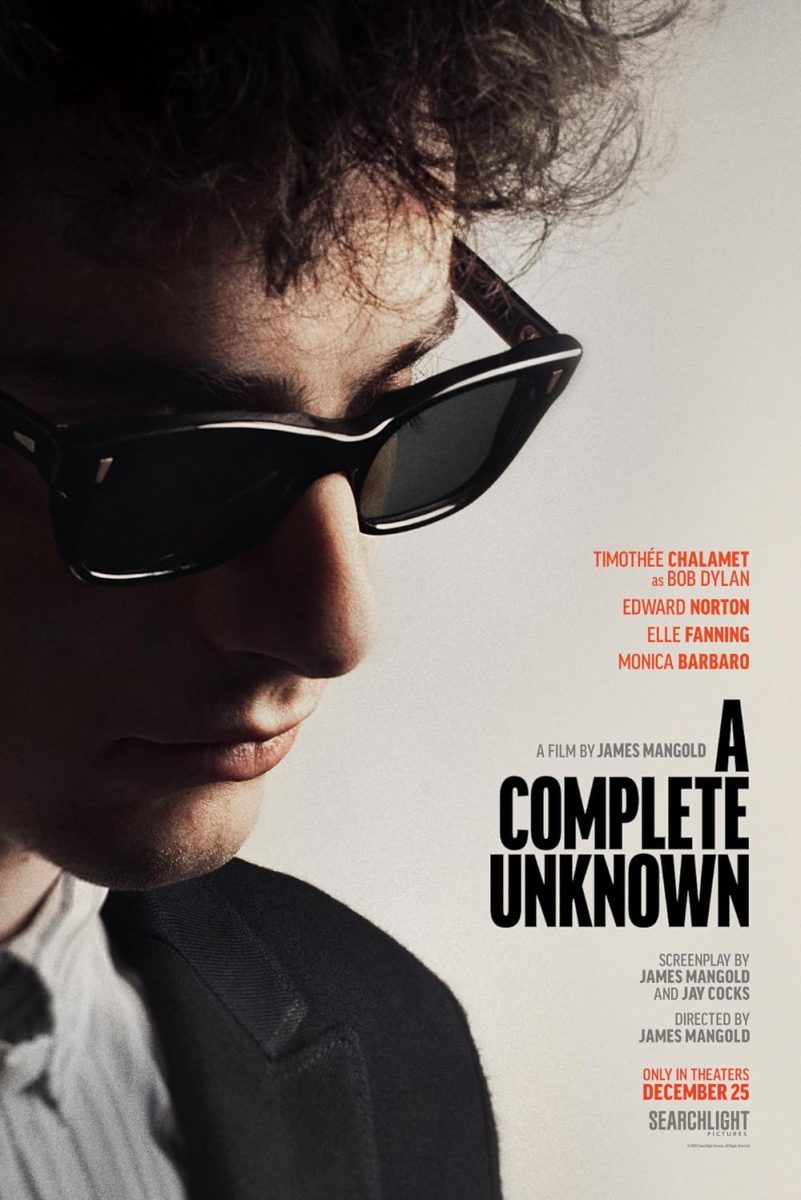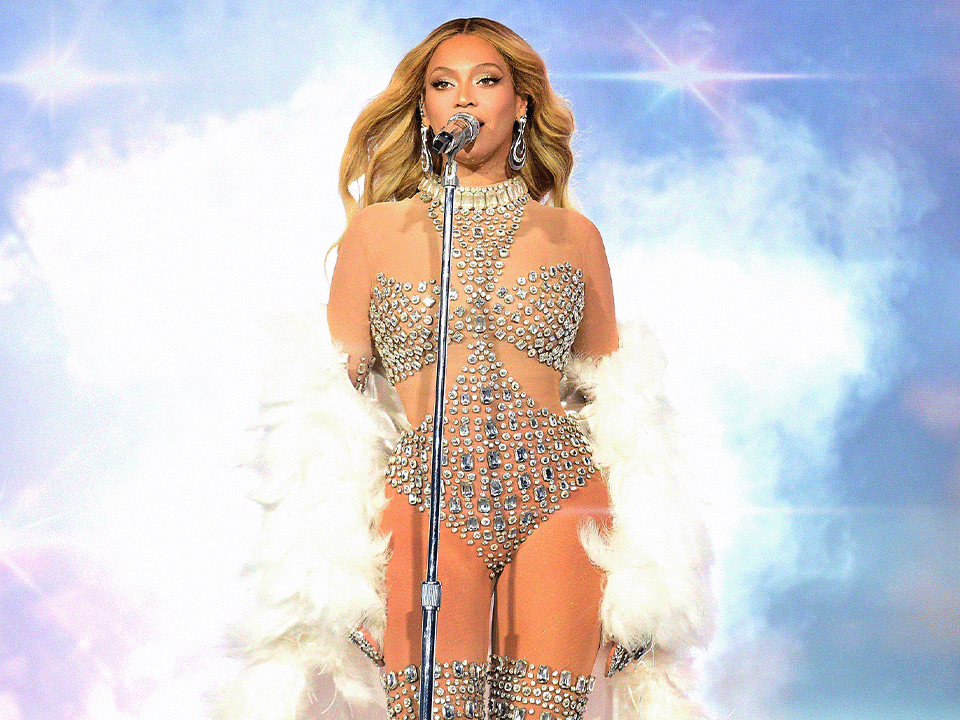Recently, pop superstar Ariana Grande, fast-fashion superstore Forever 21, and drag queen Farrah Moan were all caught in a cycle of using each others’ likeness to promote their own products and brands. The incident all started with Grande suing Forever 21 for $10 million dollars for “using her likeness” in an advertisement. The clothing brand used lyrics and similar fashion to the singer’s number one singles “7 rings” and “thank u, next” to promote their products on Instagram.
Grande and her team claimed the company was using her as a false endorsement and using her lyrics without permission, creating copyright infringements. The lawsuit also states that Forever 21 was using Grande’s image in hopes of increasing social media engagements. Grande and Forever 21 were planning a partnership, but the deal eventually fell through. Fans have speculated that Grande could have saved the company had the partnership succeeded.
Days after the news of the lawsuit broke, “RuPaul’s Drag Race” contestant Farrah Moan took to Twitter to discuss her views on it. Moan claims Grande and her team originally contacted her for the “7 rings” costume inspiration. Moan later stated that she did not care about “suing anyone and just needed to put this out there.[sic]”
Ariana should give me a cut of that 10M since her team literally sent a pic of me to the designer and paid them to copy my look from as4. (Finally met the designer and got told the Tea) I guess stealing from queer artists for profit is fine tho 🤷🏼♀️ pic.twitter.com/1smGr8K4G0
— 👑 Farrah Moan (@farrahrized) September 4, 2019
University freshman Anna Mewkill also believes Grande is out of line for the lawsuit. “She’s assuming that Forever 21 is profiting off of her image without her consent when Ariana herself steals designs without consent and profits off of it,” she stated. “It’s massively hypocritical of her.”
This is not the first time Grande has been accused of stealing other artist’s work. Rapper Soulja Boy accused Grande of stealing “7 rings” from his song “Pretty Boy Swag”. Other rappers such as Princess Nokia and 2 Chainz have accused Grande of stealing their lyrics and flow for her hit song.
Give me my credit. Period https://t.co/Akhp2BXcuY
— Soulja Boy (Drako) (@souljaboy) January 19, 2019
Ariana Grande is not the only influencer to steal content from smaller artists and use it for profit. Beauty influencers Manny MUA and Patrick Star were recently outed for stealing editing styles from Chelsie Worthy. Worthy has 41.4k subscribers while the two influencers have a combined total of 9.23 million subscribers.
With fame comes large fan bases, which can cause influencers to believe they are not in the wrong. While most fans will acknowledge when an influencer messes up, most will defend their favorite influencer until the end. Accountability is something a larger artist will have to learn goes beyond using the notes app and cloud emojis.

For smaller influencers, credit from a major influencer can boost their branding and have them gain a mass following. An example of this is when One Direction’s Louis Tomlinson boosted now widely popular band 5 Seconds of Summer with a simple tweet. Both bands went on to have successful careers, and no lawsuits against each other for the content they produced together.
If an artist’s team makes a mistake it will ultimately fall on the artist to apologize and try to make amends. Smaller creators work just as hard as larger creators and deserve the same respect for their work and creations.

